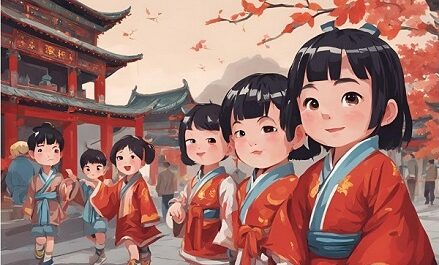Learn Chinese Idiom with Pinyin and English
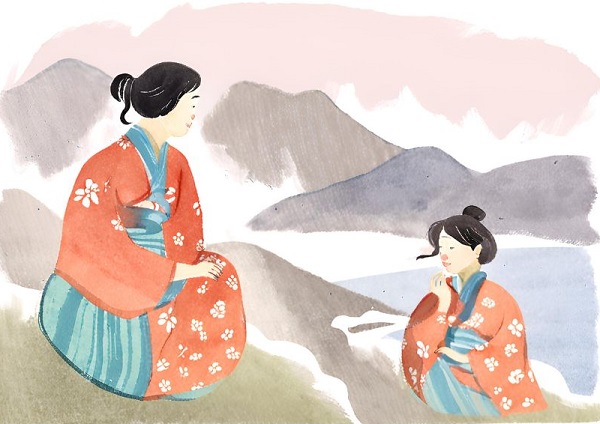
- Idiom in Chinese-漆女忧鲁。
- Pinyin of Idiom– qī nǚ yōu lǔ.
- Idiom’s Meaning in English– This idiom describes a woman who, despite being far away from her homeland, still shows deep concern and worry for the welfare and safety of her country. It expresses a sense of patriotism and loyalty, regardless of distance or circumstances.

Chinese Idiom Stories Books (HSK All Levels):
- Books to Learn Chinese Idiom Stories (Part 1)
- Books to Learn Chinese Idiom Stories (Part 2)
- Books to Learn Chinese Idiom Stories (Part 3)
Learn Chinese Idiom Story in English (成语故事的英文)
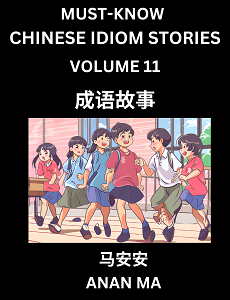
In ancient times, there was a daughter of a lacquer craftsman. Though she lived far away from her homeland, Lu Kingdom, she always kept an eye on its condition. When she heard that Lu Kingdom was being invaded by foreign enemies, she felt deeply troubled and could not sleep at night. Although she could not directly participate in the fight, her heart was filled with concern and love for her country. She expressed her feelings in her own way, by creating exquisite lacquerware that embodied her longing for her hometown and her prayers for peace.
Learn Idiom Story in Chinese (成语故事)
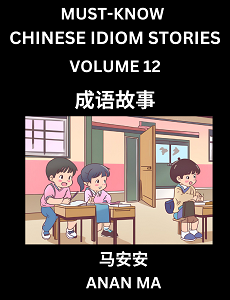
古时候,有一个漆匠的女儿,她虽然生活在遥远的他乡,但时刻关注着家乡鲁国的状况。当听到鲁国受到外敌侵扰时,她深感忧虑,夜不能寐。她虽然不能直接参与战斗,但她的心中充满了对国家的担忧和热爱。她用自己的方式,通过制作精美的漆器,寄托了对家乡的思念和对和平的祈愿。
Learn Keywords with English, Simplified Chinese Characters, and Pinyin (关键词)
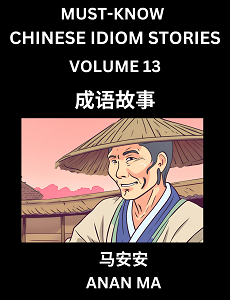
- 漆匠的女儿(qī jiàng de nǚ ér): The daughter of a lacquer craftsman
- 外敌侵扰(wài dí qīn rǎo): Invasion by foreign enemies
- 夜不能寐(yè bù néng mèi): Unable to sleep at night
- 寄托(jì tuō): To entrust; to embody
Pinyin of Idiom Story (故事的拼音)
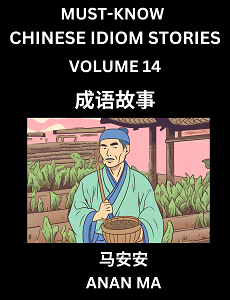
Gǔ shíhòu, yǒu yīgè qījiàng de nǚ’ér, tā suīrán shēnghuó zài yáoyuǎn de tāxiāng, dàn shíkè guānzhùzhe jiāxiāng lǔ guó de zhuàngkuàng. Dāng tīng dào lǔ guó shòudào wàidí qīnrǎo shí, tā shēn gǎn yōulǜ, yè bùnéng mèi. Tā suīrán bùnéng zhíjiē cānyù zhàndòu, dàn tā de xīnzhōng chōngmǎnle duì guójiā de dānyōu hé rè’ài. Tā yòng zìjǐ de fāngshì, tōngguò zhìzuò jīngměi de qīqì, jìtuōle duì jiāxiāng de sīniàn hé duì hépíng de qí yuàn.
